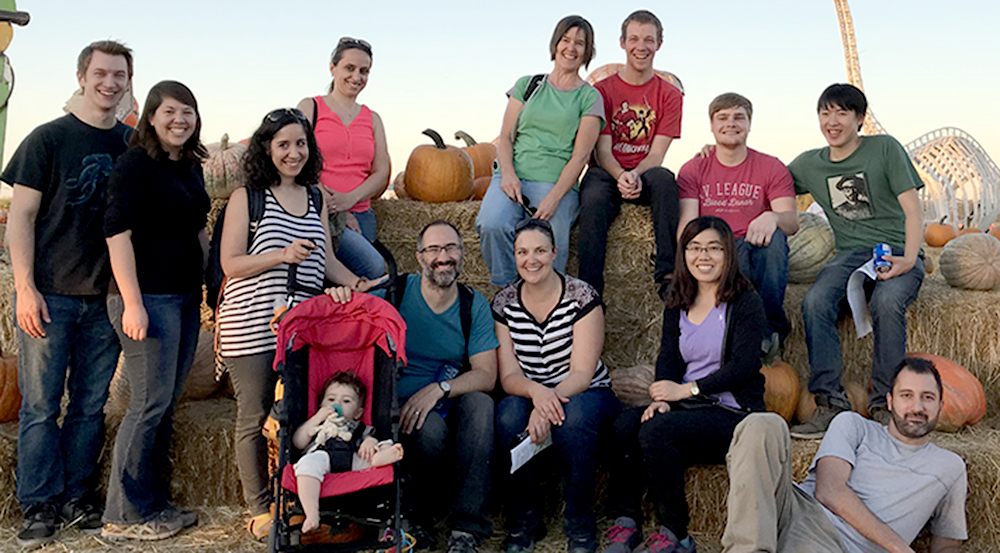This is the website for the Harmer lab, located in the Department of Plant Biology at the University of California, Davis.

Overview
As rooted organisms living in a continually changing world, plants are masters at withstanding environmental variation. One key to their succes is the pervasive regulation of plant physiology and development by the circadian clock. The plant clock ensures the optimal timing of daily and seasonal events to cope with predictable stresses and regulates myriad signaling pathways to optimize responses to environmental cues.
The Harmer lab uses Arabidopsis thaliana and sunflower as complementary model systems to better understand the molecular nature of the plant clock and how it influences growth and development.
The study of circadian rhythms in plants presents a wide range of fascinating questions with real-world applications: What is the molecular nature of the circadian clock? What are the mechanistic links between the clock network and other fundamental cellular processes? What aspects of physiology are under circadian regulation? How does a functional circadian clock provide an adaptive advantage?
We use a variety of approaches - genetic, genomic, biochemical, physiological, and ecological - to better understand the plant clock and its role in enhancing plant growth and development in the natural world.
